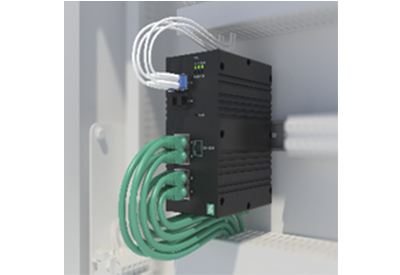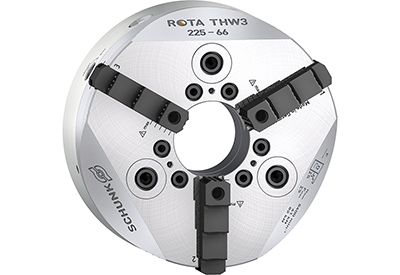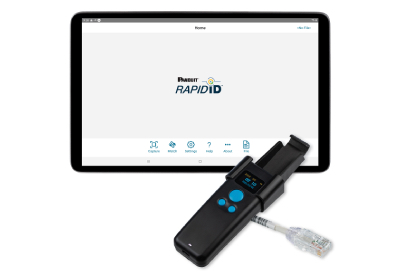Xanadu Introduces Aurora: World’s First Scalable, Networked and Modular Quantum Computer
January 28, 2025
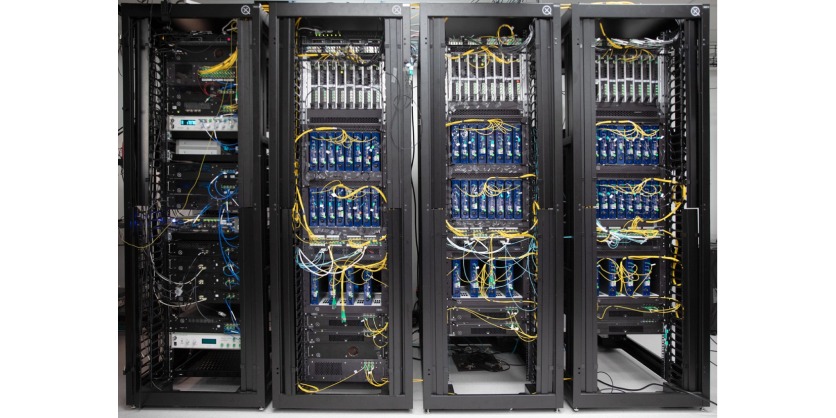
Xanadu has achieved what they say is a world-first in the quantum computing industry by successfully building a universal photonic quantum computer consisting of four modular and independent server racks that are photonically interconnected and networked together. This 12 qubit machine, known as Aurora, consists of 35 photonic chips and a combined 13 km of fiber optics all operating at room temperature.
With this breakthrough, Aurora could in principle be scaled up to thousands of server racks and millions of qubits today, realizing the ultimate goal of a quantum data center. This result is published in the peer-reviewed journal Nature and marks a pivotal milestone towards realizing utility scale quantum computing.
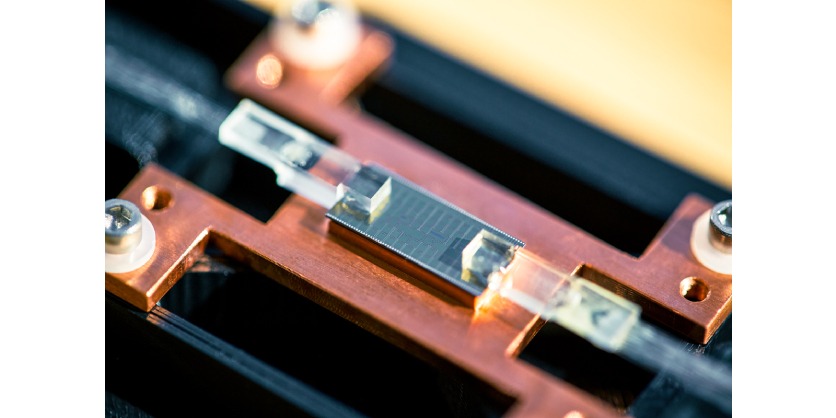
“The two big challenges remaining for the industry are the improved performance of the quantum computer (error correction and fault tolerance) and scalability (networking). Xanadu has now solved scalability,” says Christian Weedbrook, the founder and CEO of Xanadu. “Photonics really is the best and most natural way to both compute and network. We now could, in principle, scale up to thousands of server racks and millions of qubits, but first we will focus on performance in reducing loss and being fault tolerant.”
Aurora combines the previous groundbreaking work achieved at Xanadu. Technologies central to the earlier X8 and Borealis systems, both also published in Nature, are leveraged and built into Aurora, demonstrating the effectiveness of a dedicated modular approach. This union of modular components shows that the main ingredients for an error-corrected, universal photonic quantum computer are present. Furthermore, Xanadu’s architecture and the use of robust qubit states show that key quantum computational processes such as quantum gate operations, real-time error correction, and decoding are possible within the stringent limitations set by quantum clock rates and classical hardware control.
A realistic path to scaling up by orders of magnitude is provided, led by straightforward networking of an indefinite number of modules, which are necessary for large-scale implementations. This stresses the importance of Aurora, as the three pillars that make up its metaphorical pedestal take the spotlight: scalability, modularity, and networkability. The use of commercially available chips made through mature fabrication techniques, and significantly lower cooling requirements makes Aurora an attractive choice for the future of quantum computing.
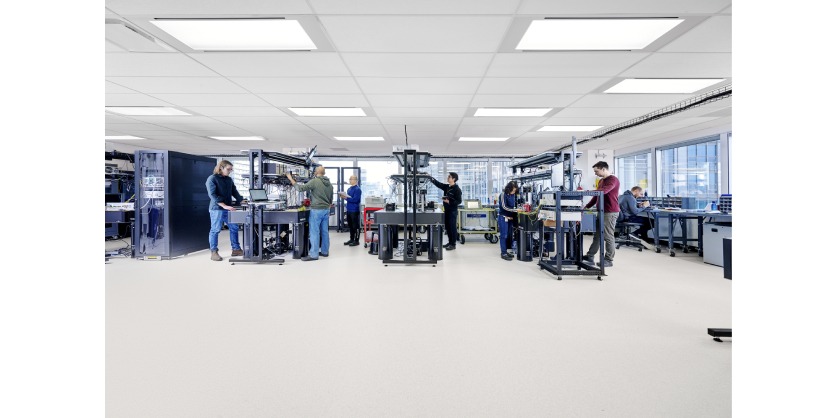
Having accomplished a pivotal milestone on Xanadu’s hardware roadmap, the Xanadu team sets its eyes on tackling the next major hurdle towards fault-tolerant quantum computing: optical loss. The published results of Aurora quantified precise optical loss tolerances within the completed photonic architecture and identified that the biggest impact will be found in optimizing chip design and fabrication alongside Xanadu’s foundry partners.
About Xanadu: Xanadu is a Canadian quantum computing company with the mission to build quantum computers that are useful and available to people everywhere. Founded in 2016, it has become one of the world’s leading quantum hardware and software companies. The company also leads the development of PennyLane, an open-source software library for quantum computing and application development. Visit xanadu.ai or follow them on X @XanaduAI.
Related Story
Lighting Up the Quantum Computing Horizon with Aurora
The Xanadu team has recently announced the successful completion of Aurora, their latest photonic quantum computer. This machine follows in a line of successively more sophisticated earlier systems demonstrations, including X8 and Borealis. Both of those were ground-breaking in their own right: X8 brought Xanadu the first commercially cloud-deployed photonic quantum computer, and Borealis became one of the few machines in the world capable of demonstrating quantum computational advantage.

